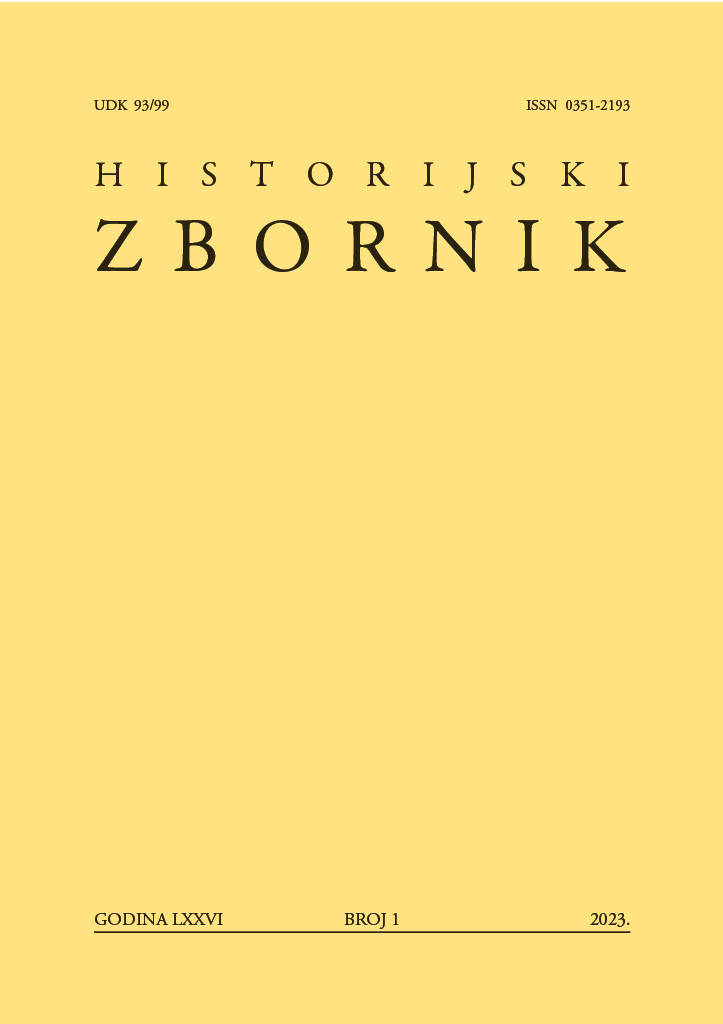Political activity of SUBNOR in the 1970s and 1980s on the example of the municipalities of Labin and Sisak
DOI:
https://doi.org/10.59412/hz.76.1.1Keywords:
SUBNOR; politics; Labin; Sisak; veteran activism; socialist YugoslaviaAbstract
Socialist Yugoslavia provided its partisan war veterans and their organization - the Union of Associations of People’s Liberation War Veterans (SUBNOR) - with significant room for strengthening their activities and influence in the post-war society. The process of gradual withering out of the state in late socialism eventually led to repositioning the organization’s priorities. In the 1960s, as more and more citizens were becoming politically aware, the veteran population was also becoming increasingly politicized. Through the delegate system and a multitude of methods of activism in their local environments, former partisans designed in the 1970s and 1980s specific political practices to deal with current social problems. The involvement of veterans in a variety of self-governing bodies at the municipal level, as well as the fact that they participated in the decision-making processes on major shared concerns that went beyond the purview of traditional veterans’ affairs, gave them access to the distribution of social power. Former fighters defended the socialist social relations value system even in their retirement years and in the face of rising citizen resignation and political indifference within the decade of the Yugoslav socialist regime’s crisis. Using the method of comparative analysis, the paper follows the political experiences of SUBNOR members of the municipal committees of Labin and Sisak, whose war-time and revolutionary experiences in the context of a longer period acted as a driving force of veteran activism in these municipalities. Based on archival sources and newspaper articles, the paper gives an interpretation of SUBNOR’s initiatives, criticisms, and proposals for improving the local environment’s quality of life and social relations. The comparison of veterans’ actions and political practices in the context of different micro-locational economic and political events proved to be useful in portraying similarities between local agents in their motivation, methods of action, and effectiveness.
Downloads
Published
How to Cite
Issue
Section
License

This work is licensed under a Creative Commons Attribution-NonCommercial 4.0 International License.
Copyright holders are the publisher Association for Croatian History and the authors.
Historical Journal is an Open Access journal. Users are allowed to read, download, copy, redistribute, print, search and link to material, and alter, transform, or build upon the material, or use them for any other lawful purpose as long as they attribute the source in an appropriate manner according to the Creative Commons licence CC BY-NC.
The papers published in Historical Journal can be deposited and self archived in the institutional and thematic repositories providing the link to the journal's web pages and HRČAK. Journal does not charge article processing charges (APC). The editors assume no responsibility for statements of fact or opinion made by contributors.

